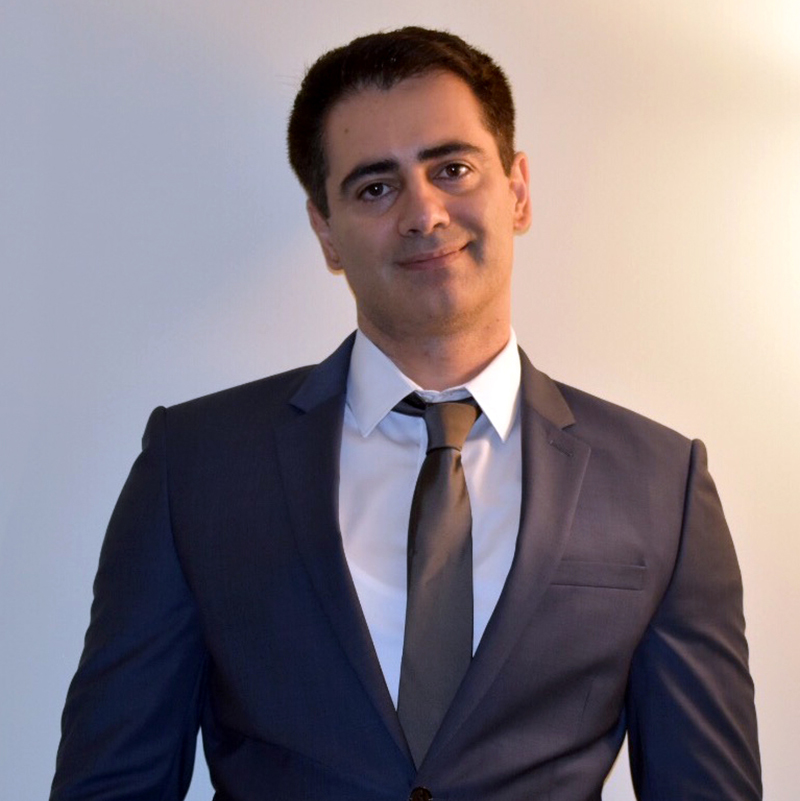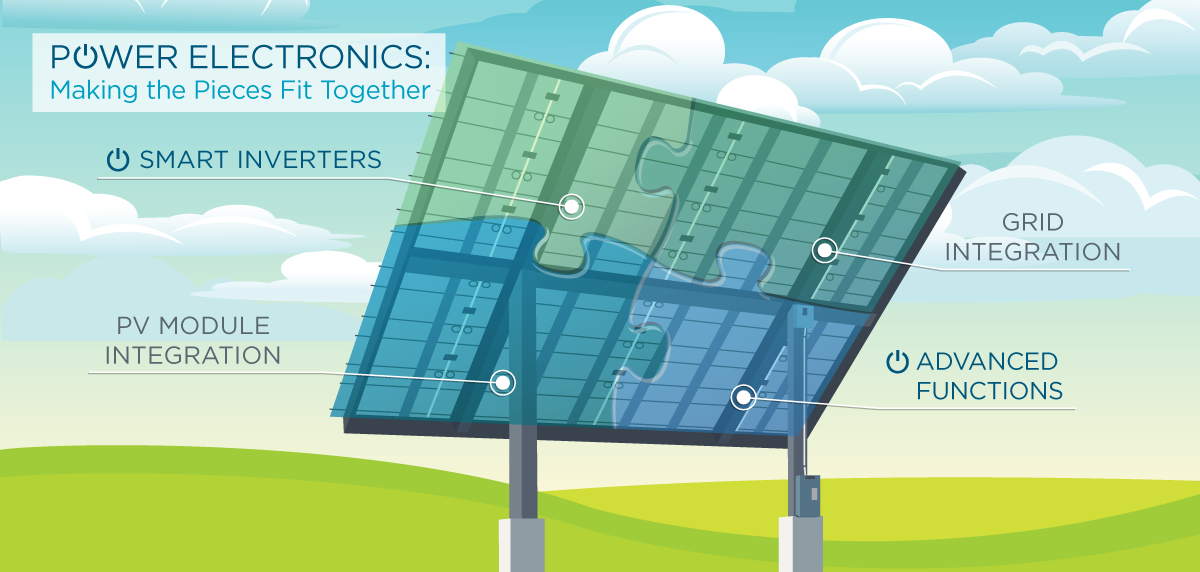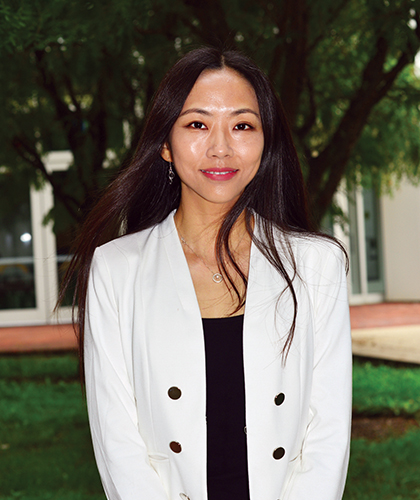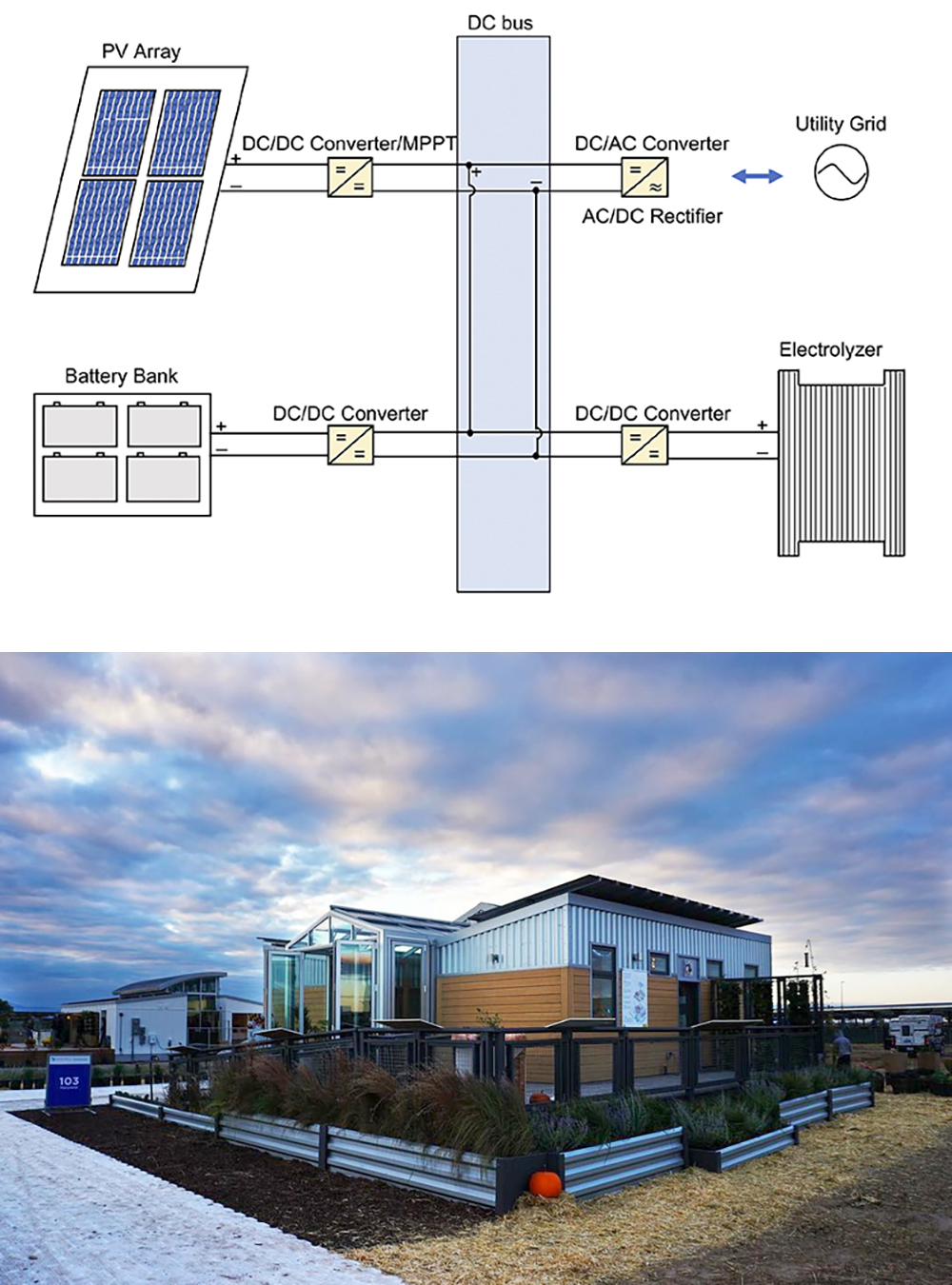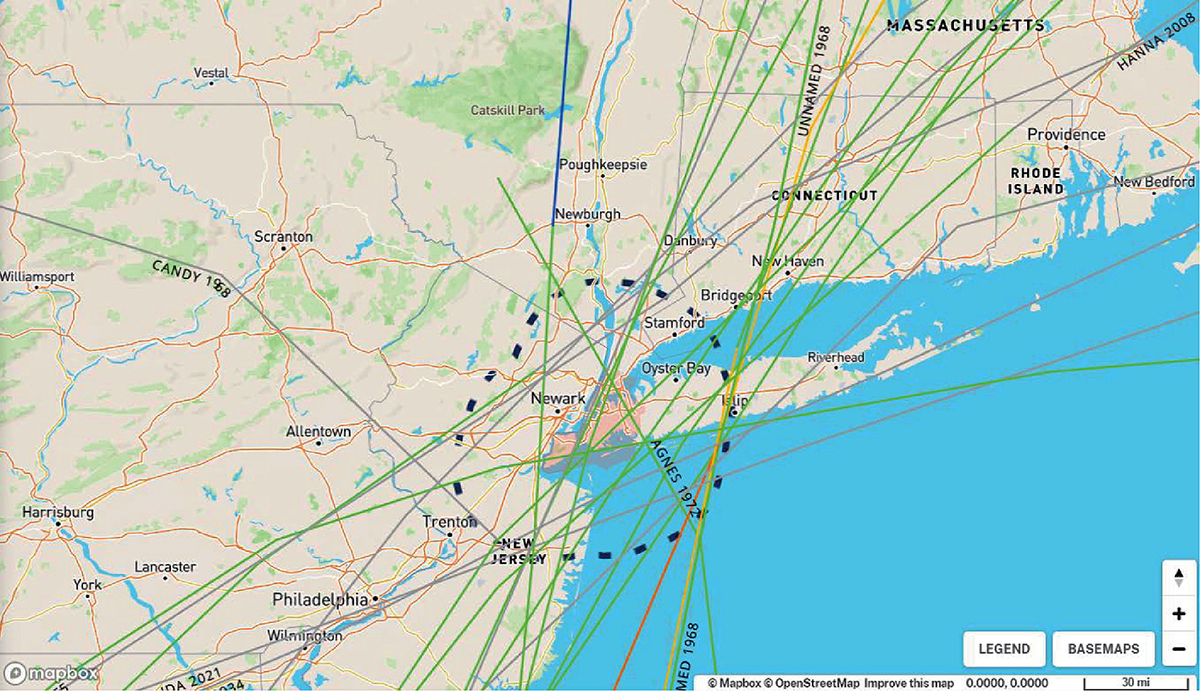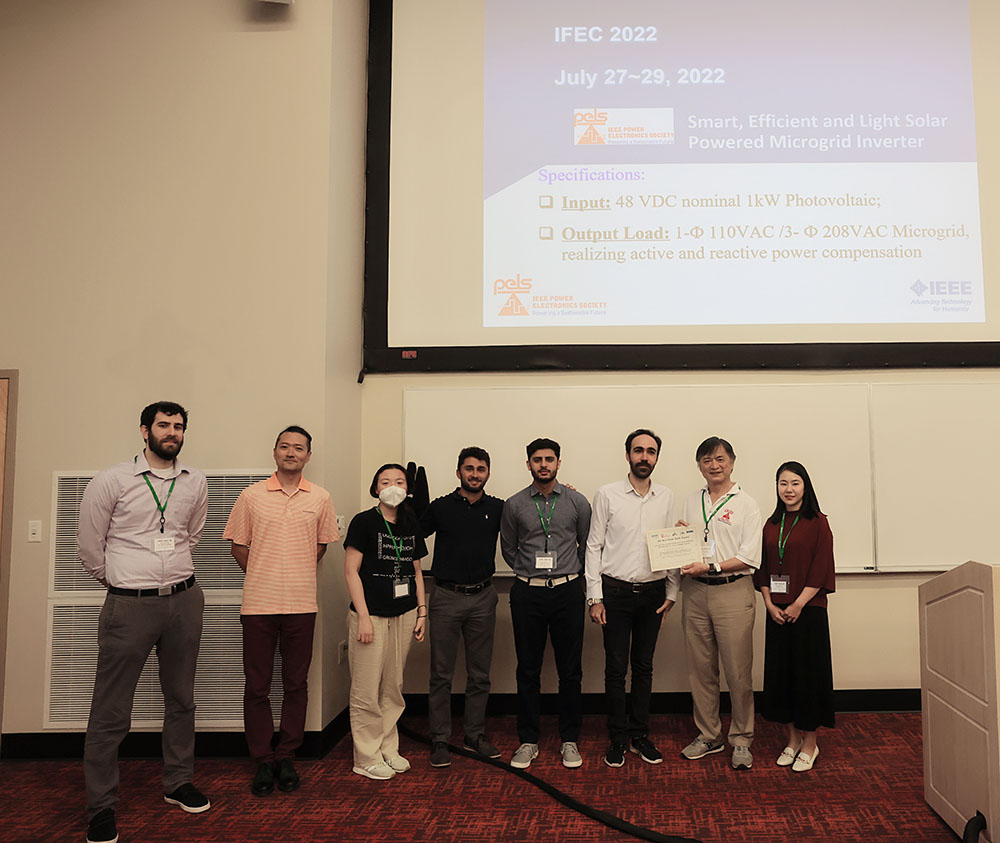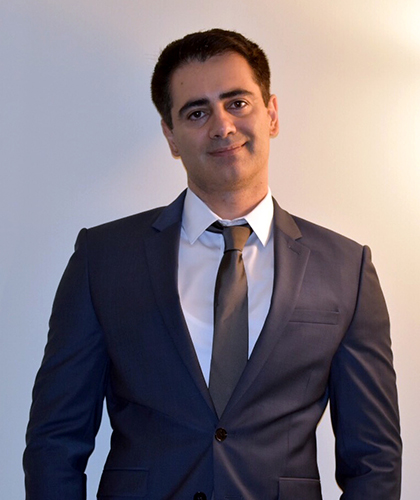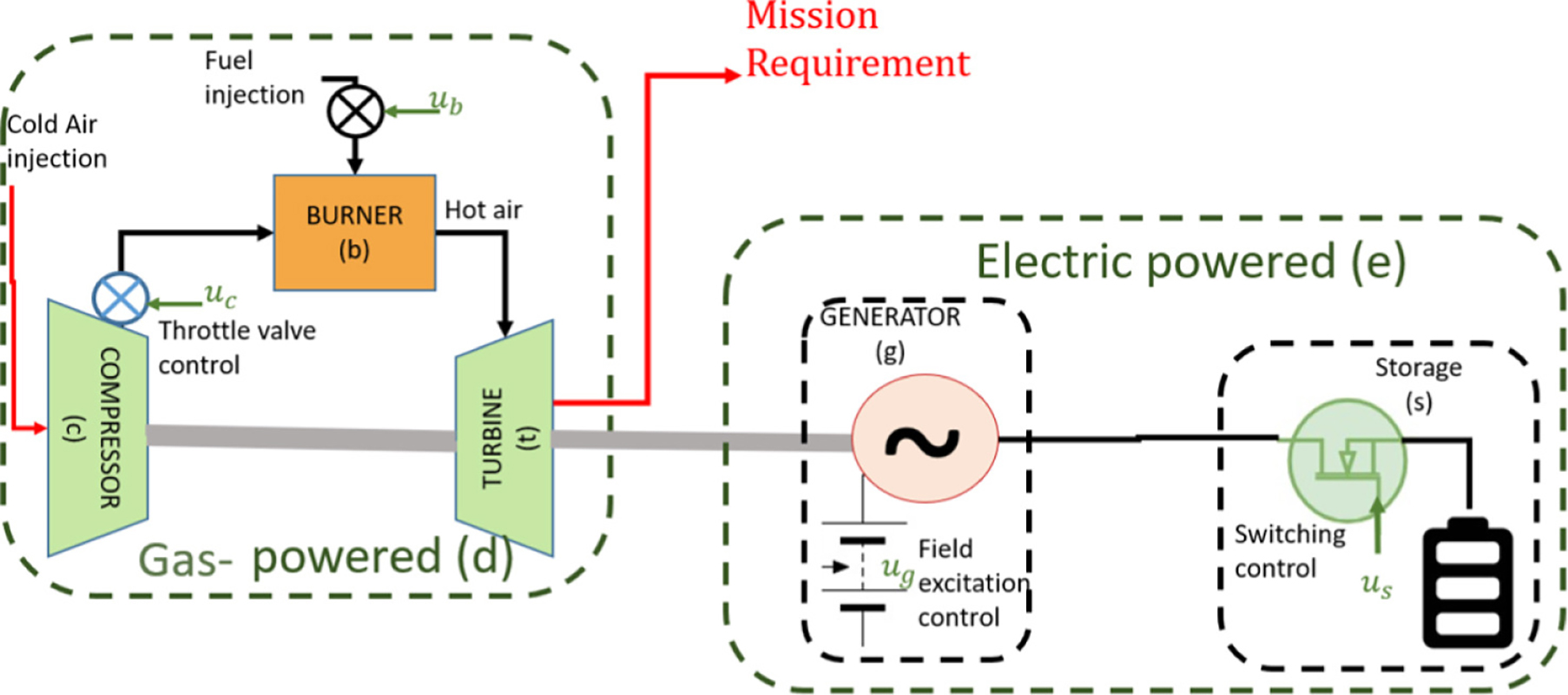News Story
$1.5M in NSF funding secured to improve solar energy conversion systems
University of Maryland faculty are leading new interdisciplinary research that could lead to major breakthroughs in control, modeling, sensing, design, and reliability of power electronic interfaces for solar energy conversion systems.
Professor Alireza Khaligh (ECE/ISR) is the principal investigator for "ASCENT: Ultra-Compact PV Microinverters with Integrated Active Power Decoupling," a new four-year, $1.5M National Science Foundation grant. He is joined by three co-PIs: Associate Professor Behtash Babadi (ECE/ISR), Research Professor Amir Shooshtari (ME), and Babak Parkhideh, an ECE associate professor at the University of North Carolina, Charlotte.
Khaligh and his colleagues will develop a new family of energy conversion systems for residential and commercial solar photovoltaic systems. They hope to bring transformative changes to the size and weight of these systems by developing innovative circuit topologies, unique control, novel sensors, and optimized electro-thermal co-design. The goal is to provide clean energy and energy efficiency to help mitigate climate change.
The project will include fundamental research for scientific understanding of proposed innovative solar micro-inverters with substantially higher power densities and specific powers. Broader impacts include high-quality integration of research and education in power electronics to meet the emerging workforce and educational needs of the U.S. energy industry through educating young and talented students in strategic fields of renewable energy conversion systems.
The team will build transformative solar micro-inverters enabled by novel single-stage, dual-active-bridge structures, and integrated active power decoupling control enhanced by unique high bandwidth sensors and innovative machine learning. Theoretical advancements in ultra-compact and highly efficient wide bandgap Gallium Nitride power electronic interfaces will be achieved, and innovative high bandwidth isolated current sensors capable of handling high slew-rate common mode voltage in a switch-node will be introduced.
This project involves multidisciplinary research in power electronics, sensing circuits, thermal management, electro-thermal co-design, machine learning, neural network control, reliability, and design for manufacturing. The work will result in novel machine learning, neural network control, and modulation techniques for wide bandgap-based converters.
Published August 25, 2023
